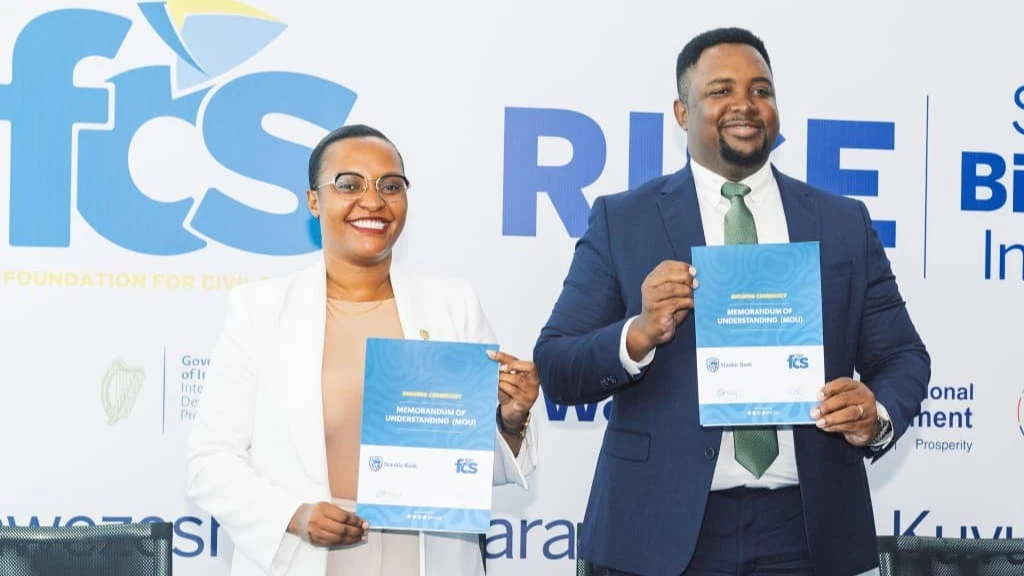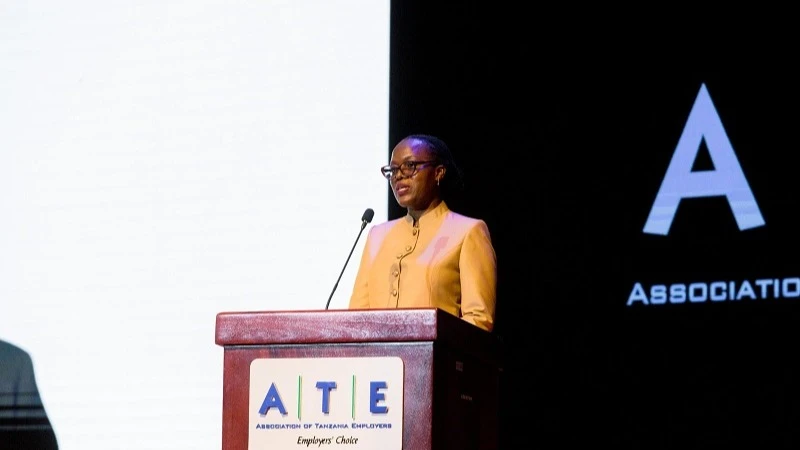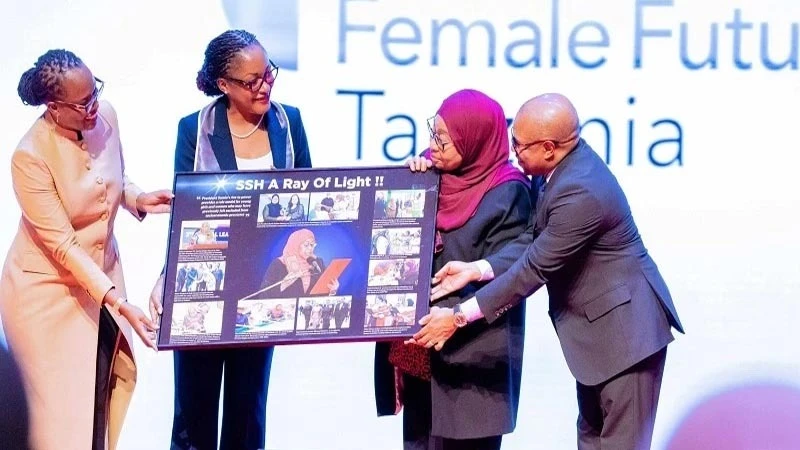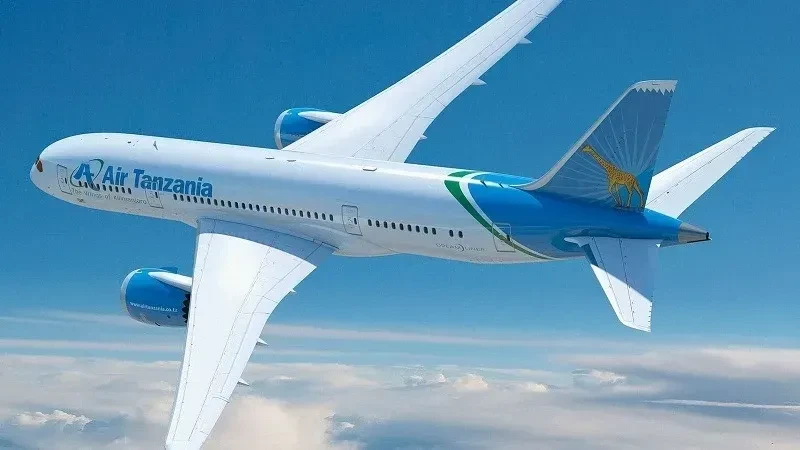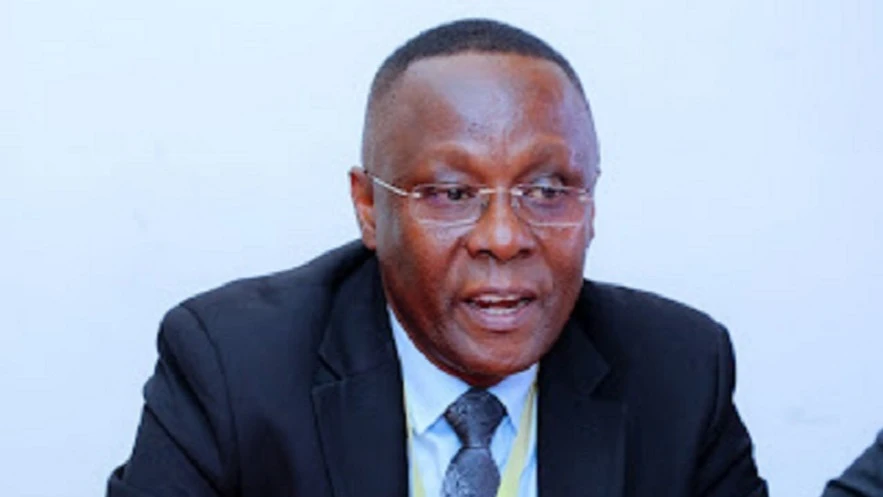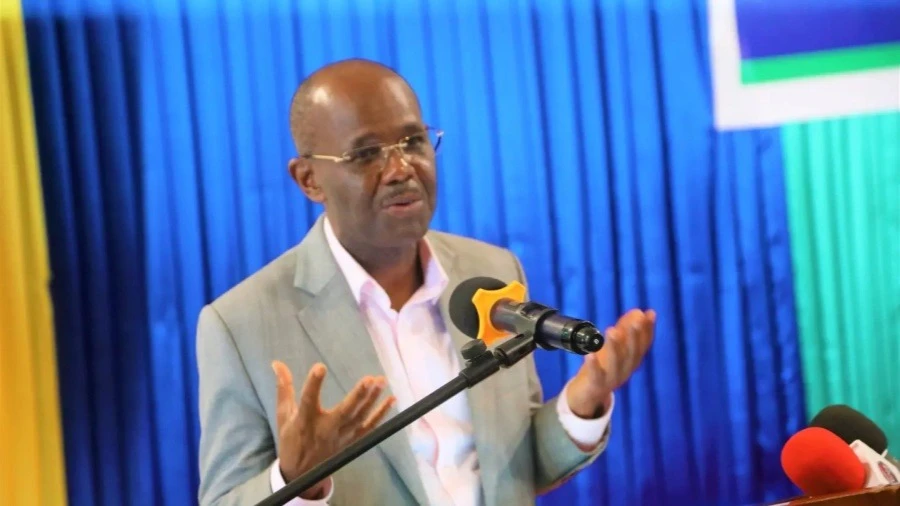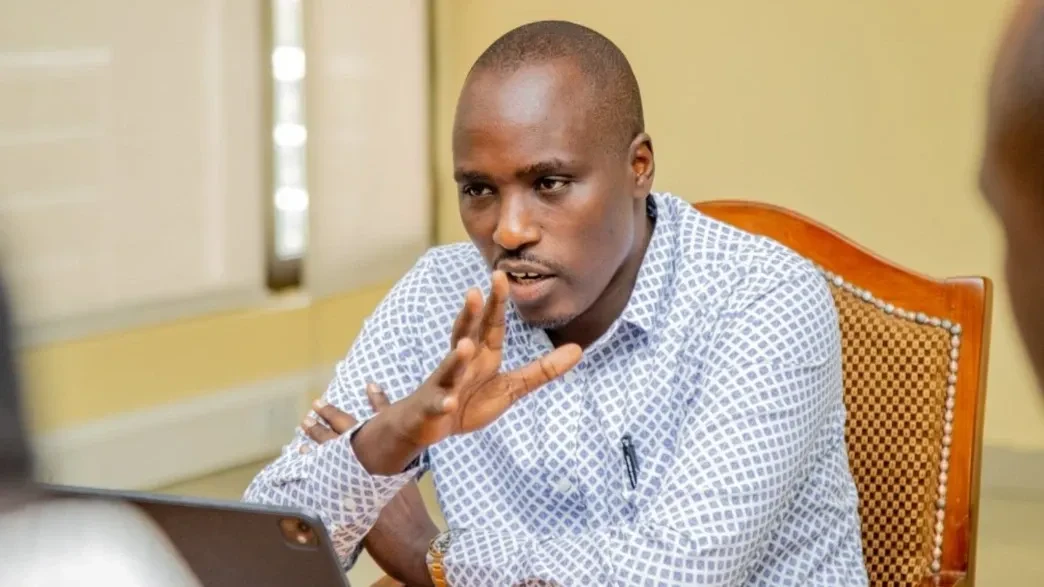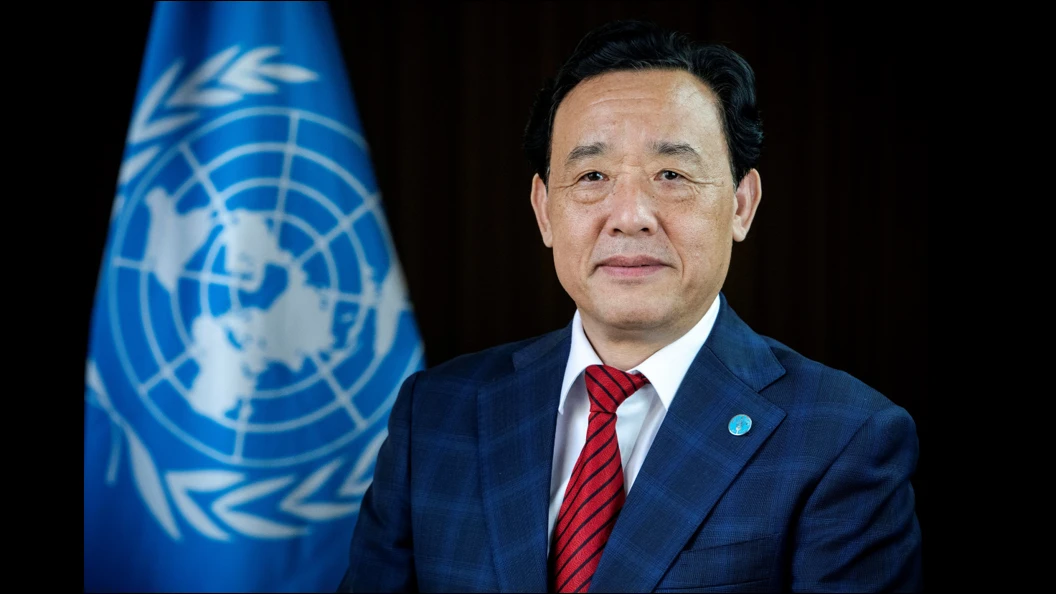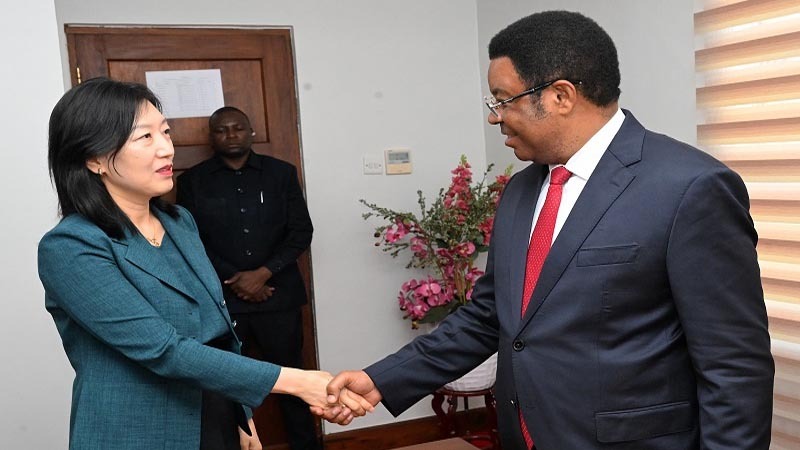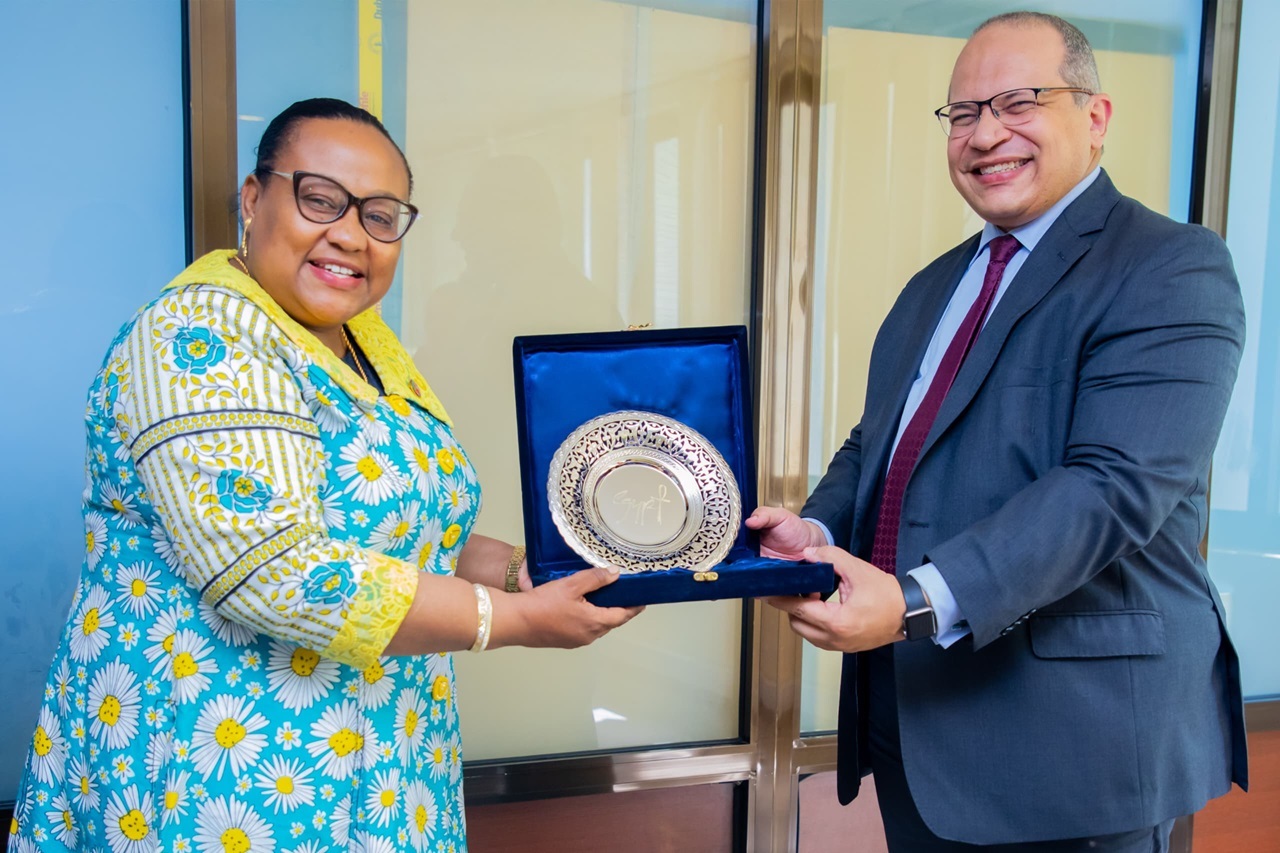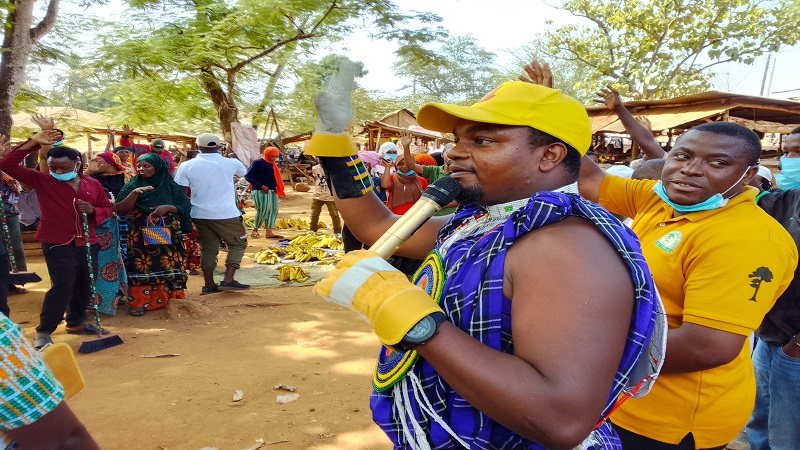Transforming the Hajj Experience: India’s commitment to its Muslim citizens
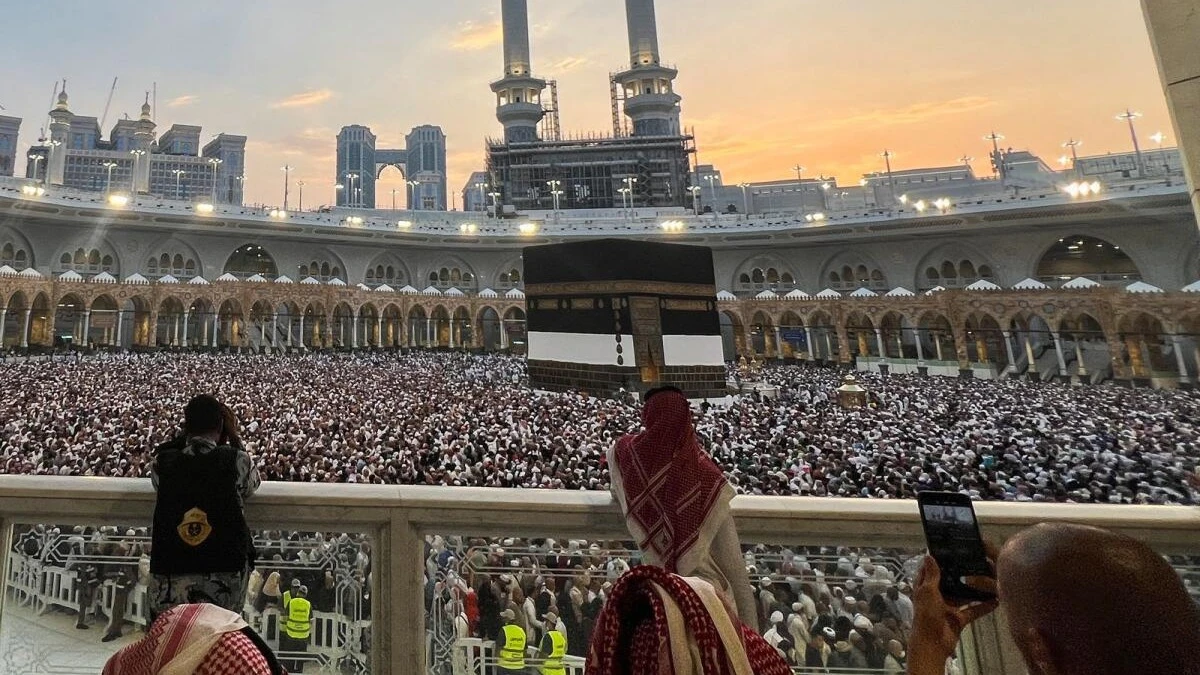
The Hajj pilgrimage stands as a central pillar of Islamic faith, a journey that every Muslim aspires to undertake at least once in their lifetime. For Indian Muslims, this sacred expedition has been significantly enhanced through a series of reforms and initiatives under Prime Minister Narendra Modi’s leadership.
These efforts, characterized by policy changes, technological advancements, and strengthened bilateral relations with Saudi Arabia, have collectively transformed the Hajj experience for Indian pilgrims.
In 2018, the Indian government made the strategic decision to phase out the longstanding Hajj subsidy, aligning with a 2012 Supreme Court directive to eliminate it by 2022. The funds previously allocated for the subsidy were redirected towards educational and socio-economic programs aimed at uplifting minority communities, particularly focusing on women’s education. This move signified a shift towards empowering the community through sustainable development initiatives.
Through proactive diplomatic efforts, India successfully negotiated an increase in its Hajj quota with Saudi Arabia. In 2019, the quota was elevated to 200,000 pilgrims, enabling a greater number of Indian Muslims to fulfill their spiritual obligations. This achievement underscores the robust bilateral relations between India and Saudi Arabia, reflecting a mutual commitment to facilitating religious practices.
Embracing digital transformation, the Indian government introduced the Hajj Mobile App, streamlining the application process and providing pilgrims with real-time updates and information. Complementing this, the e-Messiah system digitized various aspects of Hajj management, enhancing efficiency and transparency. These technological interventions have simplified procedures, reduced reliance on intermediaries, and ensured timely communication with pilgrims.
A landmark reform allowed women over the age of 45 to undertake the Hajj pilgrimage without a male guardian (mehram), provided they travel in groups of four or more. This policy change has empowered numerous women to participate independently in the pilgrimage, reflecting the government’s commitment to gender inclusivity within religious practices.
In collaboration with Saudi authorities, the Indian Hajj Mission has enhanced accommodations, transportation, and medical facilities for pilgrims. Efforts include securing better living conditions in Mecca and Medina, efficient transportation services, and deploying medical teams to provide healthcare support during the pilgrimage. These improvements ensure a safer and more comfortable experience for pilgrims.
Recognizing the importance of preparedness, the government has organized comprehensive training and orientation programs for pilgrims. These sessions cover religious rituals, health precautions, and logistical arrangements, equipping pilgrims with the necessary knowledge to perform Hajj safely and in accordance with Islamic guidelines.
In a recent development, Minority Affairs Minister Kiren Rijiju embarked on a five-day visit to Saudi Arabia to sign a bilateral agreement for the Hajj pilgrimage of 2025. During this visit, India sought an additional quota for 10,000 pilgrims, aiming to further accommodate the growing number of applicants. Rijiju’s itinerary included meetings with Saudi Arabian Minister Tawfiq bin Fawzan Al Rabiah and the Saudi Minister of Transport and Logistic Services, Saleh Al Jasser, to discuss Hajj flight operations and related services. This visit underscores the ongoing commitment to enhancing the Hajj experience through international cooperation.
The Indian government’s continuous efforts to improve the Hajj experience demonstrate a steadfast commitment to the well-being of its Muslim citizens. Future initiatives may focus on further digitization of services, infrastructure enhancements, and securing additional quotas, ensuring that the pilgrimage remains accessible and fulfilling for all eligible Indian Muslims.
Under Prime Minister Modi’s leadership, significant strides have been made to transform the Hajj pilgrimage experience for Indian Muslims. Through strategic policy reforms, technological integration, and strengthened international collaboration, the government has facilitated a more efficient, inclusive, and enriching journey for pilgrims. These efforts reflect India’s dedication to serving its diverse religious communities and upholding the principles of inclusivity and empowerment.
Top Headlines
© 2025 IPPMEDIA.COM. ALL RIGHTS RESERVED








